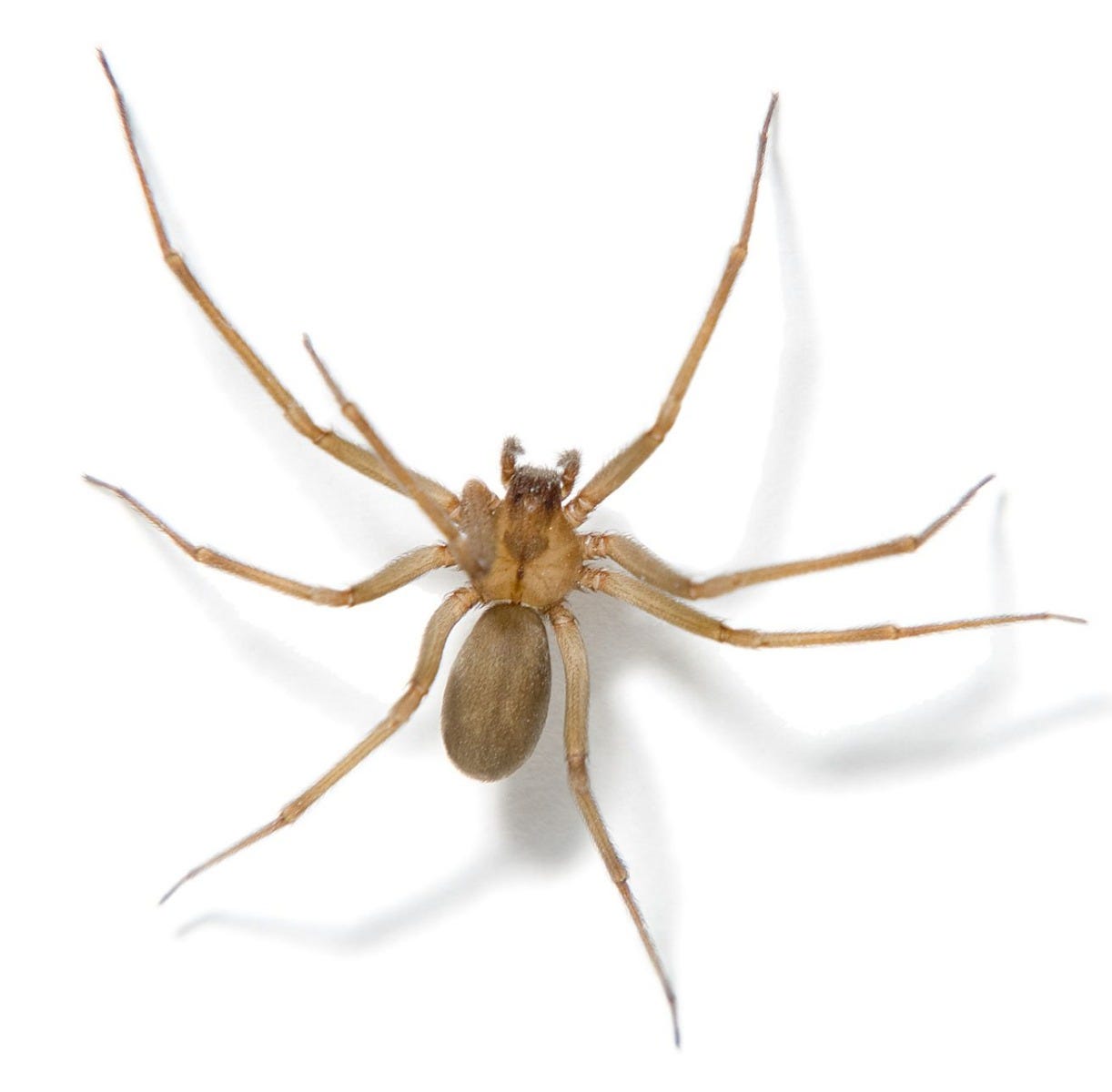Brown Recluse Spider Bite: Symptoms, Causes, Treatment
What are the symptoms of a blown recluse spider bite?
A “blown” recluse spider bite likely refers to a severe reaction or infection resulting from a recluse spider bite. Recluse spider bites can cause a range of symptoms, but it’s important to note that most recluse spider bites do not result in serious complications. However, in rare cases, a recluse spider bite can lead to a more severe reaction that may require medical attention. Symptoms of a severe reaction to a recluse spider bite may include:
- Severe pain: Pain at the site of the bite that may become intense and worsen over time.
- Redness: Redness and swelling around the bite area.
- Blistering: The formation of a blister at the site of the bite, which may contain pus.
- Ulceration: The skin around the bite may become dark purple or black and eventually develop into an open sore (ulcer).
- Fever: Some people may develop a fever as a result of a recluse spider bite.
- Nausea and vomiting: In some cases, a recluse spider bite may cause nausea and vomiting.
- Joint pain: Pain and stiffness in the joints near the bite site.
If you suspect that you have been bitten by a recluse spider and are experiencing any of these symptoms, it’s important to seek medical attention from your healthcare provider promptly. Treatment for a recluse spider bite may include wound care, pain management, and in severe cases, antibiotics or other medications to prevent infection.
What is the treatment for a poisonous spider bite?
Treatment for a poisonous spider bite, such as from a recluse spider or a black widow spider, depends on the severity of the bite and the type of spider involved. In general, treatment may include:
- Cleaning the bite area: Wash the bite area with soap and water to prevent infection.
- Applying a cold compress: Applying a cold compress or ice pack to the bite area can help reduce swelling and pain.
- Pain medication: Over-the-counter pain medication, such as acetaminophen or ibuprofen, can help relieve pain and reduce inflammation.
- Antihistamines: If there is itching or swelling, antihistamines such as diphenhydramine (Benadryl) may be helpful.
- Topical corticosteroids: In some cases, topical corticosteroid creams or ointments may be used to reduce inflammation and itching.
- Wound care: For bites that result in open sores (ulcers), keeping the wound clean and bandaged can help prevent infection.
- Antibiotics: If there is evidence of infection, such as redness, swelling, or pus, antibiotics may be prescribed.
- Antivenom: In severe cases of black widow spider bites, antivenom may be given to neutralize the venom and prevent further complications.
It’s important to seek medical attention if you suspect that you have been bitten by a poisonous spider, especially if you develop severe symptoms such as severe pain, muscle cramps, abdominal pain, or difficulty breathing. In some cases, a poisonous spider bite can lead to serious complications that require prompt medical treatment.




